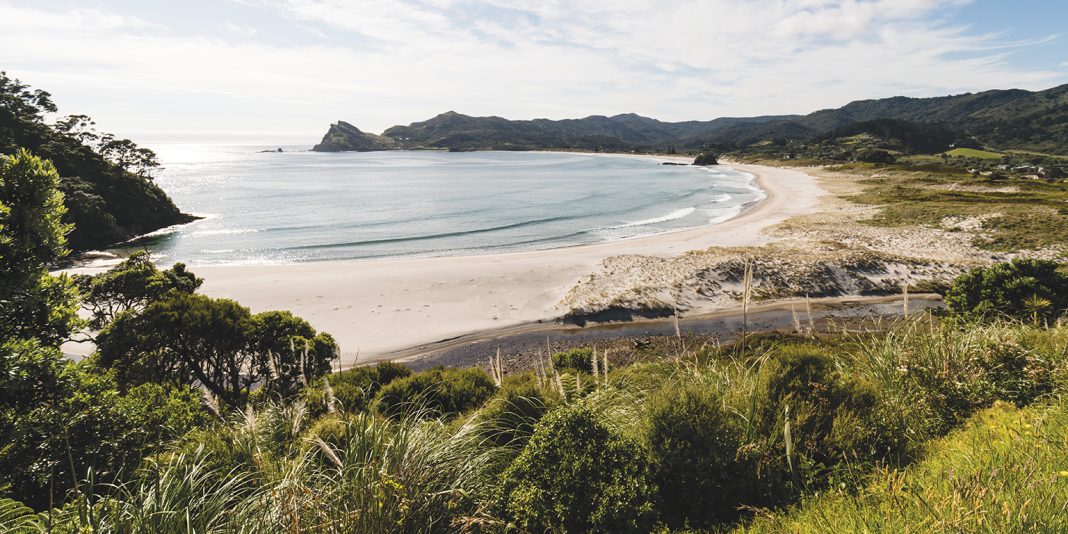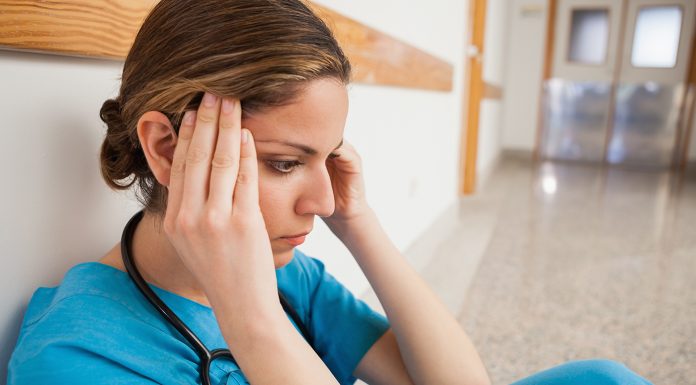Dear Seven Sharp,
Thank you for highlighting the plight of rural health services in New Zealand.
When I worked at that very same location featured in your news item (Te Araroa on the East Cape*) for 12 years from the early 1990s there was also no resident doctor there for prolonged periods of time. And there were countless expensive locums who did little for consistency of care.
I stepped up to meet the health need. Initially I was on-call 24 /7 for 18 months working as a registered nurse at an advanced and expanded practice level. I also showed the local district health board a new model of care at the time.
So the shortage of rural doctors is not new information…more a reoccurring theme. The shrinking GP workforce in New Zealand is in crisis and it is an old ingrained model that no longer works.
I would like to inform you that there is a perfectly positioned response to helping with the ongoing crisis for areas such as these.
Nurse practitioners (NPs) are rapidly filling gaps where GPs have left or are over stretched to beyond safe capacity. Nurse practitioners provide virtually the same scope of practice as a GP; we diagnose, investigate with laboratory/ radiology tests, prescribe, treat and monitor patients’ care and provide a wider overview. Nurse practitioners are also owning and running health care centres.
We want to work alongside our GP colleagues in team work to provide a better model of care and prevent burnout, which happens all too often in the health sector, especially rurally. What works is using health practitioners more wisely…and well-funded team work with training of all health professionals to be working at the top of their scope.
Registered nurses can upskill to Masters’ degree level to become an NP. I began that process in Te Araroa. Fast forwarding to 2007 I gained my NP certification, continued to work in Tairawhiti/Gisborne, and then on the West Coast of the South Island for more than three years, so I have covered lots of the poorly-serviced GP regions. I have worked alongside GP colleagues in general practice in a newer model of care of team work, where nursing can work-up the patient who may or may not need to take a GP appointment. My current role is based in Blenheim where I locum across five general practices and afterhours care to provide ready access to care and appointments when individual GPs are on leave.
I’m not alone in providing this level of care – there are 256 practicing NPs nationwide, half of them in primary care and in regions such as your recent item showed. There will always be a need for the ambulance at the bottom of the cliff and hospitals. Health needs are expanding so rapidly and a GP is not necessarily the answer to every one of those needs. Access to early intervention can reduce the need and prevention is always better and more affordable than cure.
New models of team work including telemedicine, self-help on internet means that many of the old obstacles (to accessing health care) can be overcome to a large degree.
Nursing – alongside other allied professions such as social work, physiotherapy, pharmacists, counsellors as well as non-regulated health workers such as kaiāwhina and healthcare assistants – can provide much more care if funding is shared into other areas than purely another GP training school. I would support a new training school going ahead if it is a multidisciplinary school to the benefit of all who provide care in rural regions.
Small community trusts and health providers in provincial New Zealand are not supplied with deep pockets. NPs cost one-sixth of the cost of a GP to train and provide virtually the same level of service.
We are lobbying for a more equitable share of Health Workforce New Zealand (HWNZ) funding to fast track train more NPs from the 4000 RNs who currently hold a Masters’ degree, at present there is funding for only a very small number of up to 20 places in New Zealand to gain this training. Of note 55,000 nurses share $13 million in HWNZ funding, the remainder of $119 million goes to medicine.
I ask you to put some good news on your show. And challenge you to stop promoting the same old model that doesn’t work and keeps producing the same results, which is not good for health practitioners or the people of rural New Zealand.
We as Nurse Practitioners of New Zealand (NPNZ) implore you to interview Prof Jenny Carryer of the New Zealand College of Nurses on your show.
Regards
Diane Williams NP, Marlborough PHO
Nurse Practitioners New Zealand (NPNZ) executive member
PS Diane Williams – and other NP colleagues who contacted Seven Sharp – are as yet to have a reply.
*The Seven Sharp news item on October 17 featured an interview with Dr Tim Malloy, President of the Royal New Zealand College of General Practitioners, expressing concern about the shortage of doctors in rural communities saying it was “unacceptable, inequitable and a failure of the system”. It also featured an interview with people of the settlement of Te Araroa on the East Cape about their concerns at the lack of a local doctor.




















